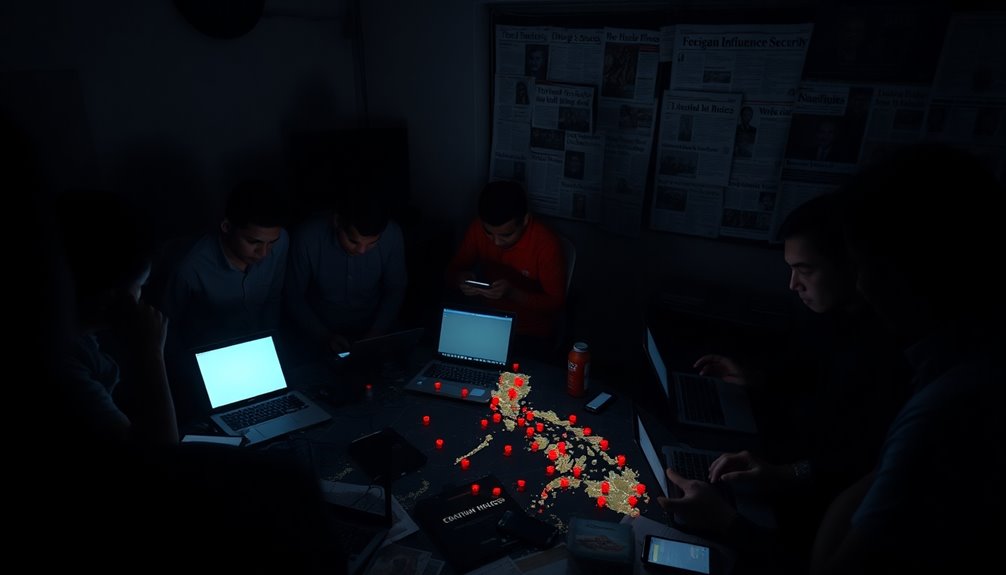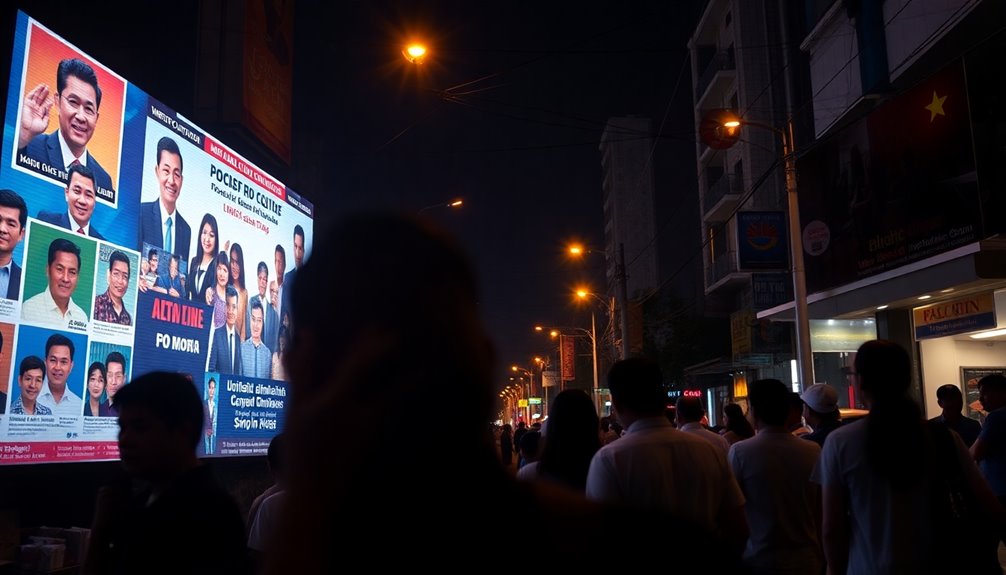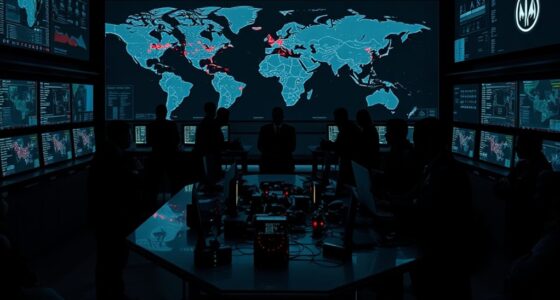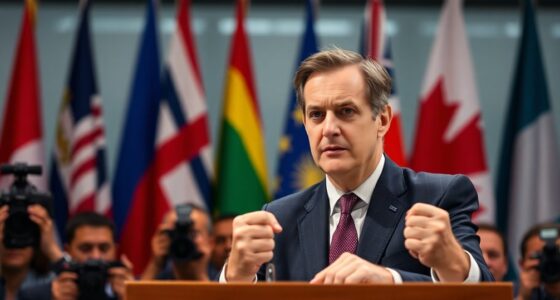
As the Philippines gears up for its midterm elections in 2025, the looming election security crisis raises urgent concerns. With a voter registration deadline set for September 30, 2024, and an expected 71 million voters, the stakes are high. The introduction of new automated voting machines from South Korea’s Miru Systems and innovations like internet voting for overseas voters are steps forward, but they come with significant cybersecurity risks. Past elections have already faced data breaches and hacking incidents, and the threat of cyber attacks looms larger than ever. In this precarious environment, the political landscape is equally fraught, driven by the rivalry between President Marcos and Vice President Duterte. Each camp is engaging in information operations, vying for the hearts and minds of voters.
As the Philippines prepares for its pivotal 2025 midterm elections, significant cybersecurity risks overshadow new voting innovations.
With 12 Senate seats at stake, the competition has intensified, and the influence of foreign powers like China complicates matters. China’s involvement in disinformation campaigns threatens to undermine the Marcos administration’s position, especially regarding sensitive issues like the South China Sea. As public opinion against China reaches new lows, this election isn’t just a political contest; it’s a test of democracy in the Philippines. The upcoming elections serve as a temperature check on the Marcos-Duterte proxy war, highlighting the deepening divides between the rival factions.
You should be aware of the cybersecurity challenges facing these elections. The Comelec is working to bolster security measures, but vulnerabilities remain, particularly due to outdated systems and a shortage of skilled personnel. Groups like Anonymous Philippines have already targeted election systems, exposing the fragile state of security.
New threats, such as deepfakes and AI-generated scams, add another layer of complexity, making it harder to ensure election integrity. In the midst of these challenges, both political factions are employing narrative management and online troll armies to sway public opinion. Social media platforms have become battlegrounds for influence, where misinformation can spread rapidly.
China’s role in this landscape can’t be overlooked, as it utilizes fake news to manipulate perceptions in the Philippines. Regulatory challenges further complicate efforts to combat this tide of misinformation, as major tech companies often lack incentives to fact-check content.
With the election period running from January 12 to June 11, 2025, you must stay informed and vigilant. The combination of a competitive political atmosphere and sophisticated influence operations poses a serious threat to the democratic process. This election could very well shape the future of the Philippines, and navigating the election security crisis will be crucial for its integrity.









